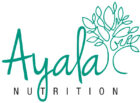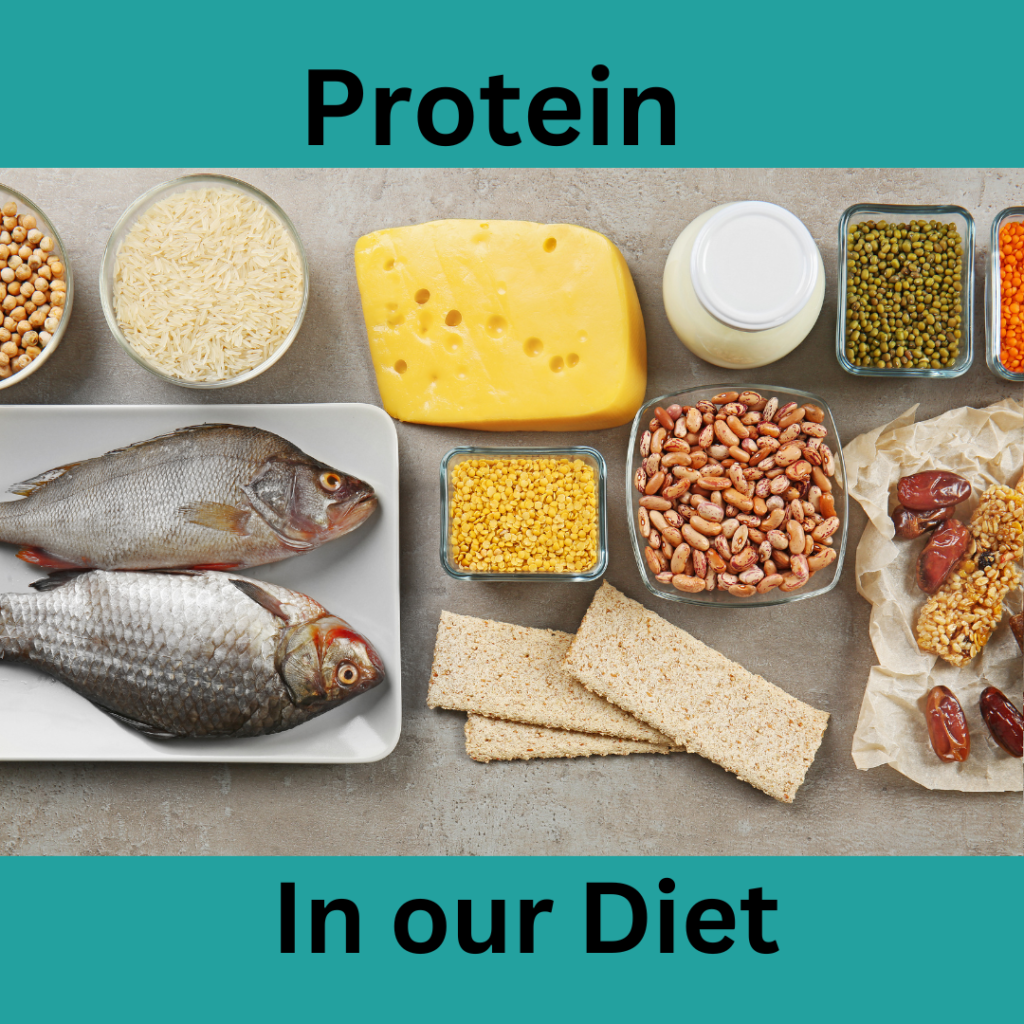“What about protein?” you may be asking. I realized the other day that I followed up my post about Balanced Eating with posts on the Benefits of Fat and the Role of Starches in our diet and then left it there. Why? Well, I think it’s because I believe that the benefits of protein in our diet are widely understood. At least that is to say that I haven’t yet met a client that doubted their importance, but occasionally, I come across someone who worries they aren’t getting enough protein in their diet. Or others think that in order to consume protein, they must be eating meat.
Let’s not get ahead of ourselves though. Let’s start at the beginning. Why is protein important to eat? We know that protein is extremely important for our bodies and is key for:
- Developing and maintaining the size and shape of our muscles,
- Moving key nutrients and oxygen throughout our body,
- Helping our body heal from injuries,
- Boosting our immune system,
- Helping us feel full longer after a meal.
So, what is protein?
Dietary protein is a macronutrient found in our food that is broken down during digestion to make up the building block of many aspects of our bodies including muscle, skin, hair, nails, etc. Protein is also used as a fuel source for energy. Protein is made up of around 20 amino acids that are classified as either essential (must be obtained from food) or non-essential (can be synthesized from other amino acids)- more on this in a later post.
Where can I find protein in my diet?
The quick and easy answer is always meat, fish and eggs. But, if you’re worried you might not be getting enough protein, are considering becoming a vegetarian or vegan, or just want to add some variety to the protein in your diet, you’ll be pleased to hear there are many other sources of protein out there. Here are some just to get your brain thinking:
- Beans, legumes, edamame, lentils, chickpeas
- Nuts, nut butters
- Seeds such as sunflower, flax, hemp, chia
- Dairy including milk, cheese, cottage cheese, yogurt, ricotta cheese
- Plant-based meat substitutes
- Soy products such as soy milk, tofu and tempeh
- Some grain products such as quinoa, whole grain breads, oats, cereals
Am I getting enough protein?
The short is answer is “likely yes.” Most people in the US are getting enough protein in their diet with their regular intake. When I’m working with most of my clients though, I encourage them to look at having a protein source at each meal such as an egg and cheese bagel for breakfast or a meat/cheese lasagna for dinner, etc. I also encourage clients to have a protein source at snacks (if even just to help them feel more satisfied until their next meal) such as yogurt and granola or cheese and crackers. If you are concerned you might be short on your daily protein needs, it can always be a good idea to reach out and have a discussion with your primary care physician or a registered dietitian to discuss in more detail.
Other great websites to check out on the protein discussion
“Amino Acids.” Cleveland Clinic.
“Protein.” Harvard TH Chan School of Public Health.

